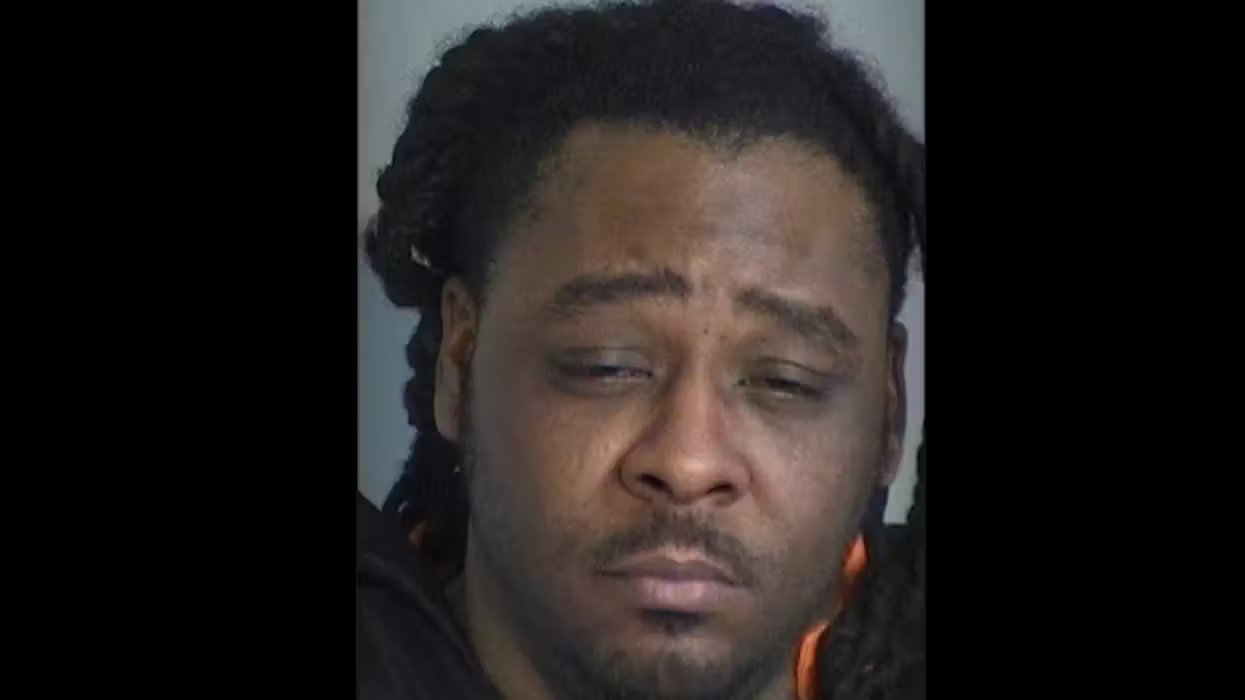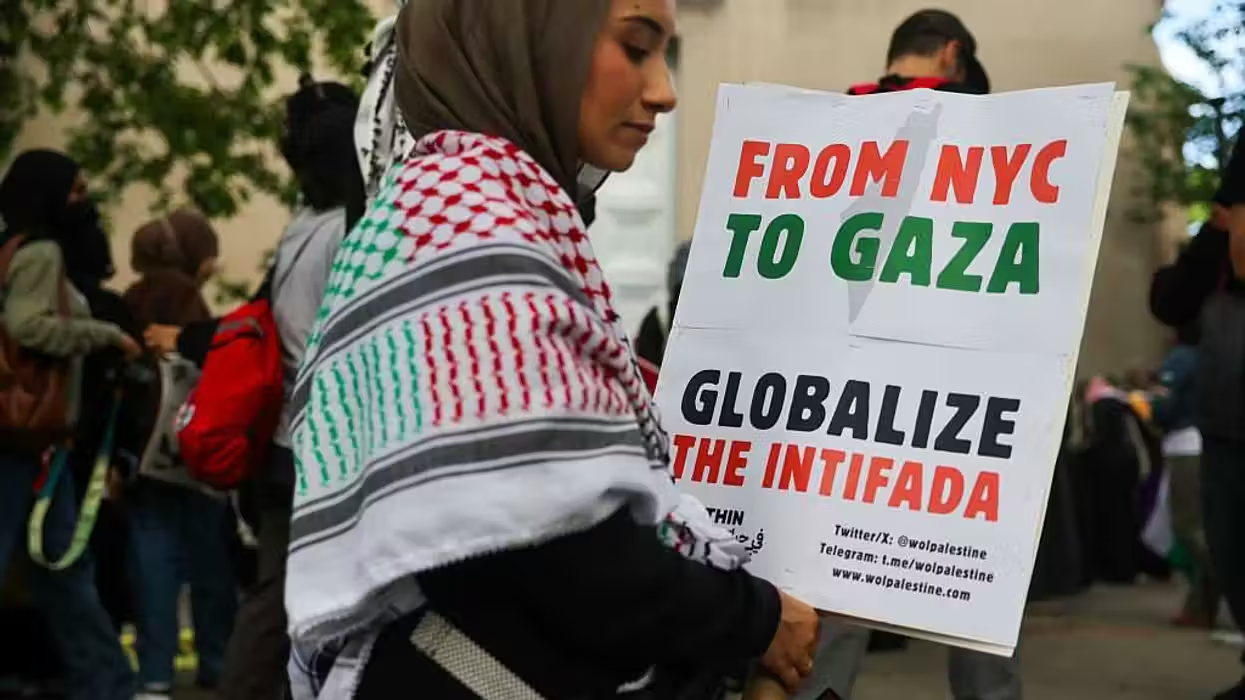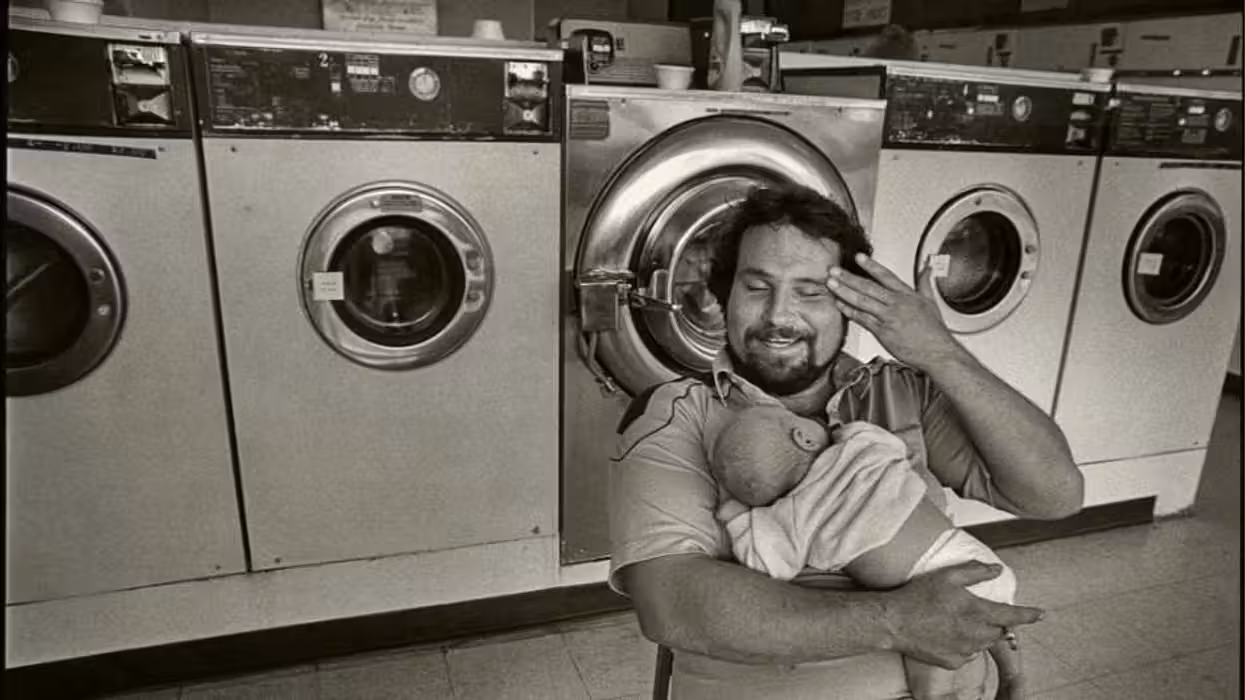While two Americans who received experimental treatment for Ebola virus disease, which they contracted while in West Africa, recently recovered and were released from an Atlanta hospital, a Liberian doctor who received the experimental drug died.
Dr. Abraham Borbor, the deputy chief medical doctor at the country's largest hospital, had been among three Liberians to receive ZMapp. A Spanish priest infected with Ebola received the treatment earlier this month but died as well. There was no update given on two other Liberians who also took doses of the limited drug.
 A technician holds vials containing engineered DNA that will be introduced into the leaves of nicotiana benthamiana plants, which are a close relative of tobacco, in a lab at the facilities of Icon Genetics on August 14, 2014 in Halle, Germany. Icon Genetics has developed a process to produce proteins and enzymes via the nicotiana benthamiana plant that will be used in the production of antibodies for ZMapp, which is being heralded as a possible treatment for the Ebola virus. (Sean Gallup/Getty Images)
A technician holds vials containing engineered DNA that will be introduced into the leaves of nicotiana benthamiana plants, which are a close relative of tobacco, in a lab at the facilities of Icon Genetics on August 14, 2014 in Halle, Germany. Icon Genetics has developed a process to produce proteins and enzymes via the nicotiana benthamiana plant that will be used in the production of antibodies for ZMapp, which is being heralded as a possible treatment for the Ebola virus. (Sean Gallup/Getty Images)
Borbor "was showing signs of improvement but yesterday he took a turn for the worse," Information Minister Lewis Brown told the Associated Press.
According to the World Health Organization, this outbreak of Ebola, which has no proven vaccine or cure, has a 47 percent survival rate.
Only five people in the world are known to have received ZMapp. The small supply is now said to be exhausted, and it is expected to be months before more can be produced by its U.S. maker. The drug has not gone through human testing and it is thus unclear if it actually works. Health experts noted a huge gap between the two Americans who received ZMapp and their treatment when they returned back to the U.S. compared to those in West Africa, which is struggling to even keep sterile fluids stocked amid the historic outbreak of the hemorrhagic fever.
 A boy pushes a tire in front of a poster warning of the dangers of the Ebola virus. (AFP/GETTY IMAGES/ SIA KAMBOU)
A boy pushes a tire in front of a poster warning of the dangers of the Ebola virus. (AFP/GETTY IMAGES/ SIA KAMBOU)
In other Ebola outbreak-related news:
- Death in Congo: The Central African country reported two confirmed Ebola-related deaths Sunday. Congo has been hit by Ebola outbreaks seven times before, but the two deaths are the first ones in recent times, Health Minister Felix Kabange Numbi said, noting that the strain is different than the one impacting Liberia, Guinea, Sierra Leone and Nigeria.
- English evacuee: A British citizen with Ebola was evacuated from Sierra Leone back to the U.K. Sunday. Sidie Yayah Tunis, director of communications for Sierra Leone's health ministry, said the male patient, who has not been identified, was volunteering at a clinic in Kenema district in the east, the Sierra Leone region that has been most affected by Ebola.
- Prison for hiding patients: Sierra Leone's parliament passed a law that would make hiding an Ebola patient a crime with up to a two year prison sentence.
As of Friday, the World Health Organization said there were 2,615 confirmed Ebola cases in West Africa, which had resulted in 1,427 deaths.
While the outbreak overall has been called unprecedented by the U.N. agency, its impact on health workers has been especially strong. According to recent reports, WHO said 240 health care workers have contracted the disease in four West African countries, and more than 120 have died. Factors leading to the high number of infected health care workers include a shortage or improper use of protective equipment, limited staff to deal with the outbreak's scale and working longer than recommended in isolation wards, WHO reported.
—
The Associated Press contributed to this report.

 A technician holds vials containing engineered DNA that will be introduced into the leaves of nicotiana benthamiana plants, which are a close relative of tobacco, in a lab at the facilities of Icon Genetics on August 14, 2014 in Halle, Germany. Icon Genetics has developed a process to produce proteins and enzymes via the nicotiana benthamiana plant that will be used in the production of antibodies for ZMapp, which is being heralded as a possible treatment for the Ebola virus. (Sean Gallup/Getty Images)
A technician holds vials containing engineered DNA that will be introduced into the leaves of nicotiana benthamiana plants, which are a close relative of tobacco, in a lab at the facilities of Icon Genetics on August 14, 2014 in Halle, Germany. Icon Genetics has developed a process to produce proteins and enzymes via the nicotiana benthamiana plant that will be used in the production of antibodies for ZMapp, which is being heralded as a possible treatment for the Ebola virus. (Sean Gallup/Getty Images)






